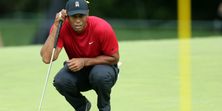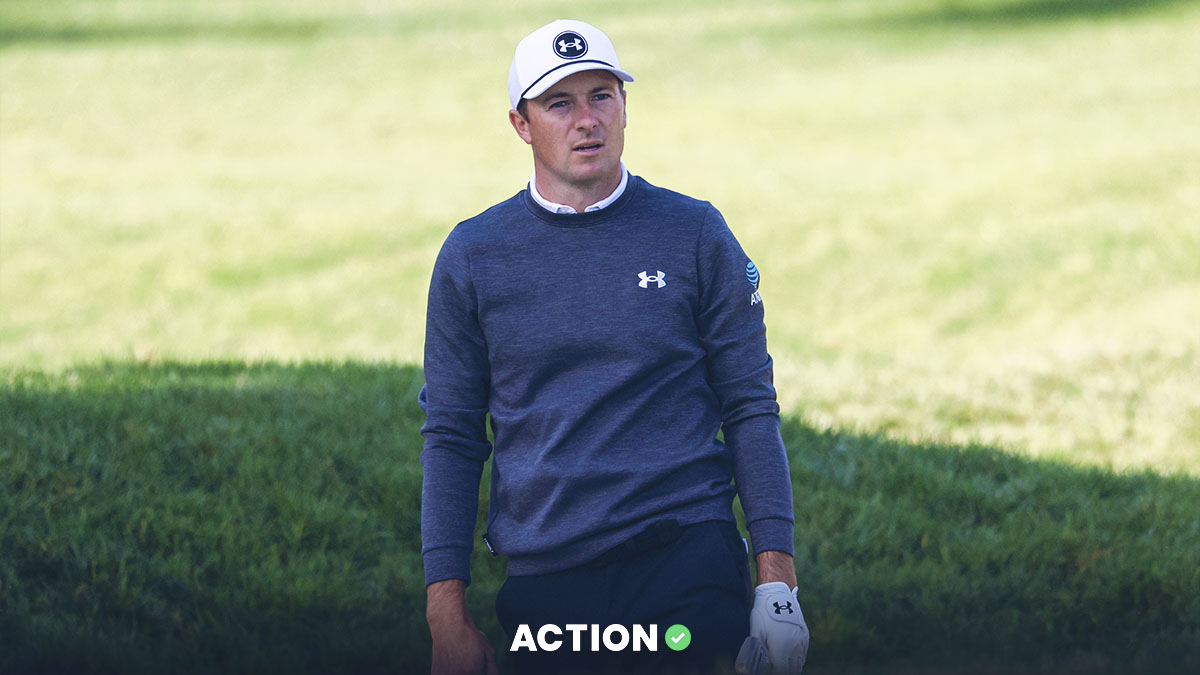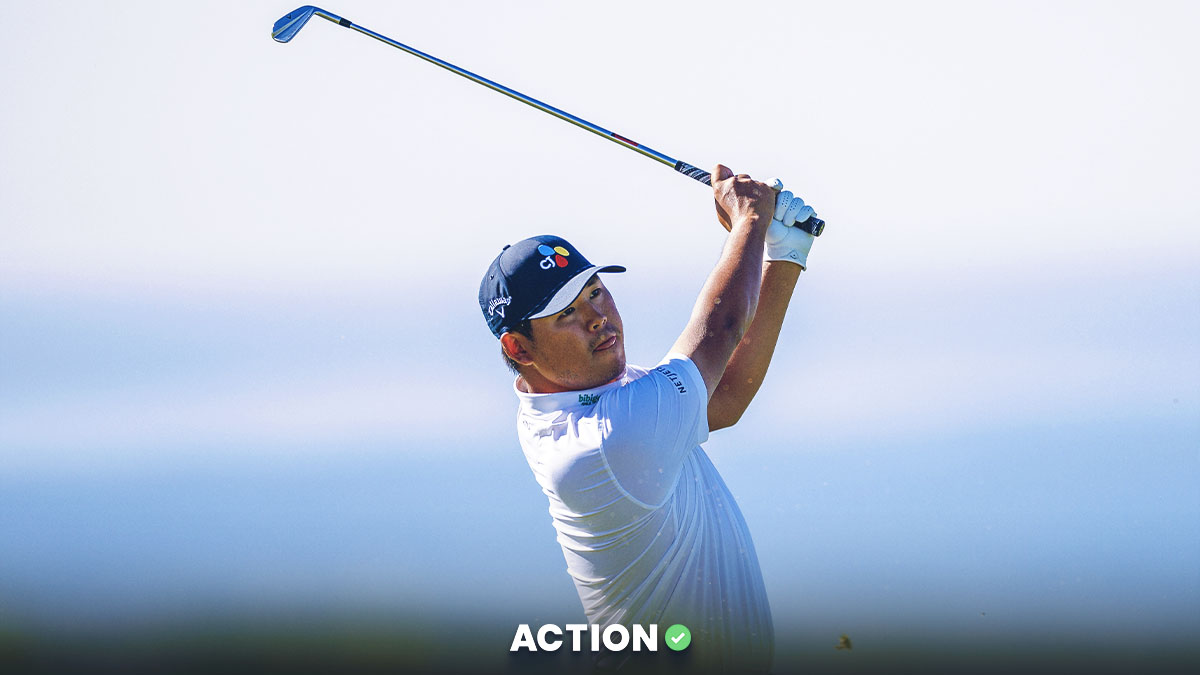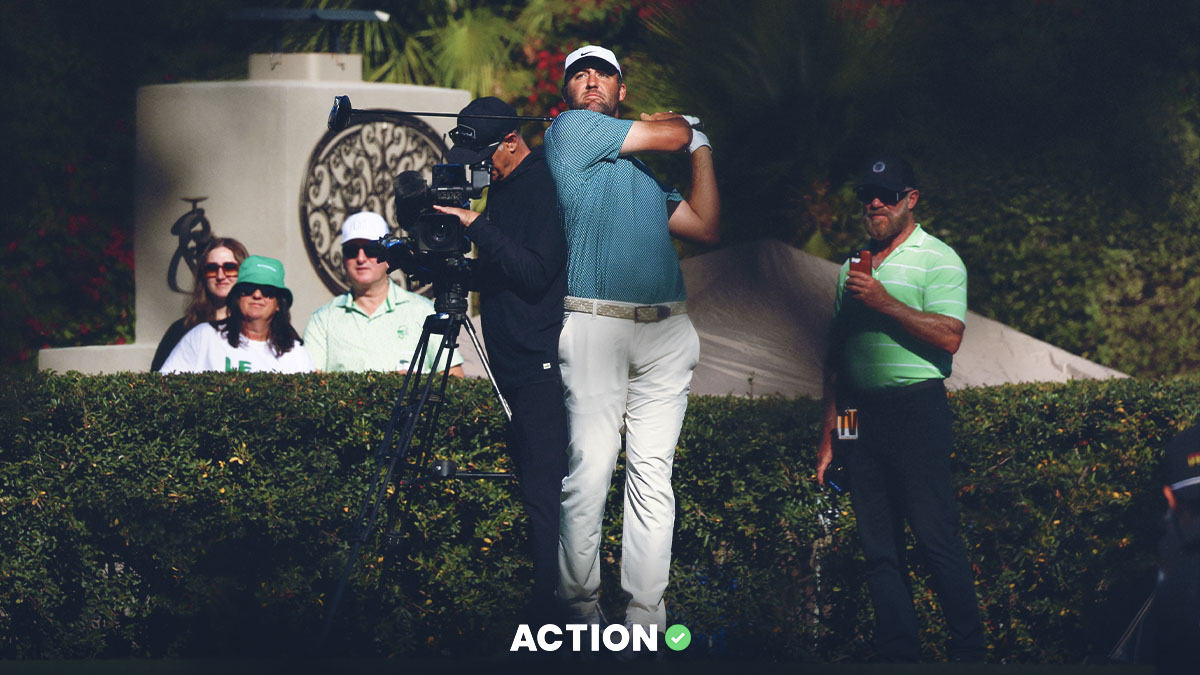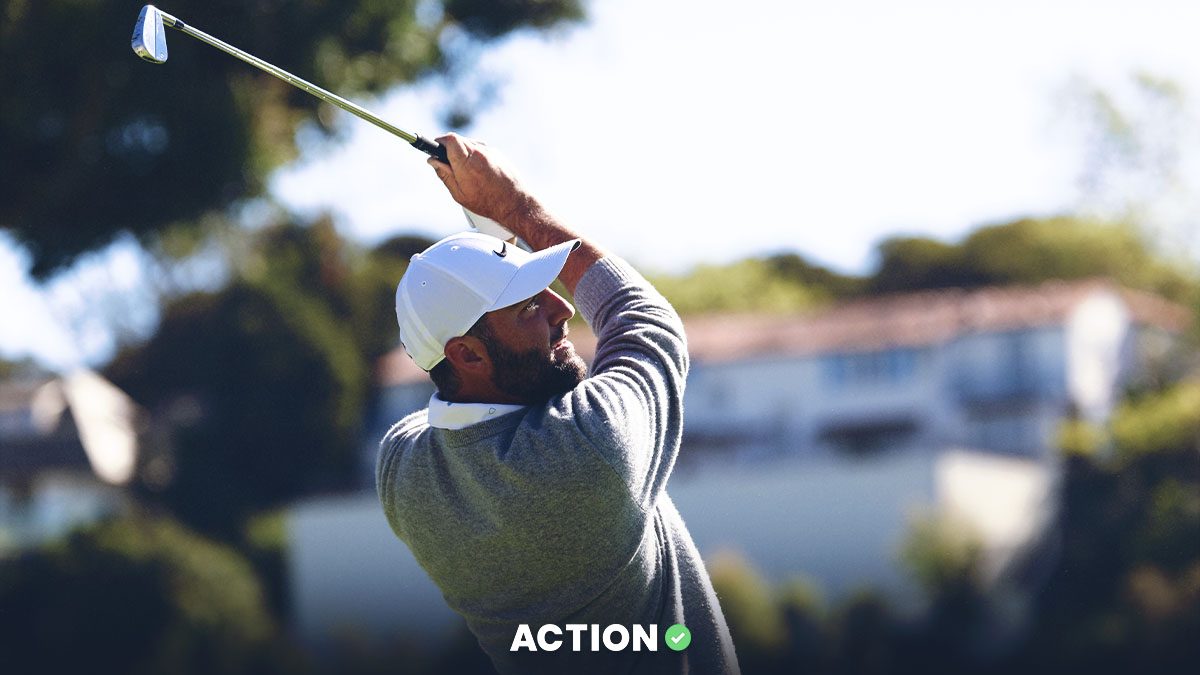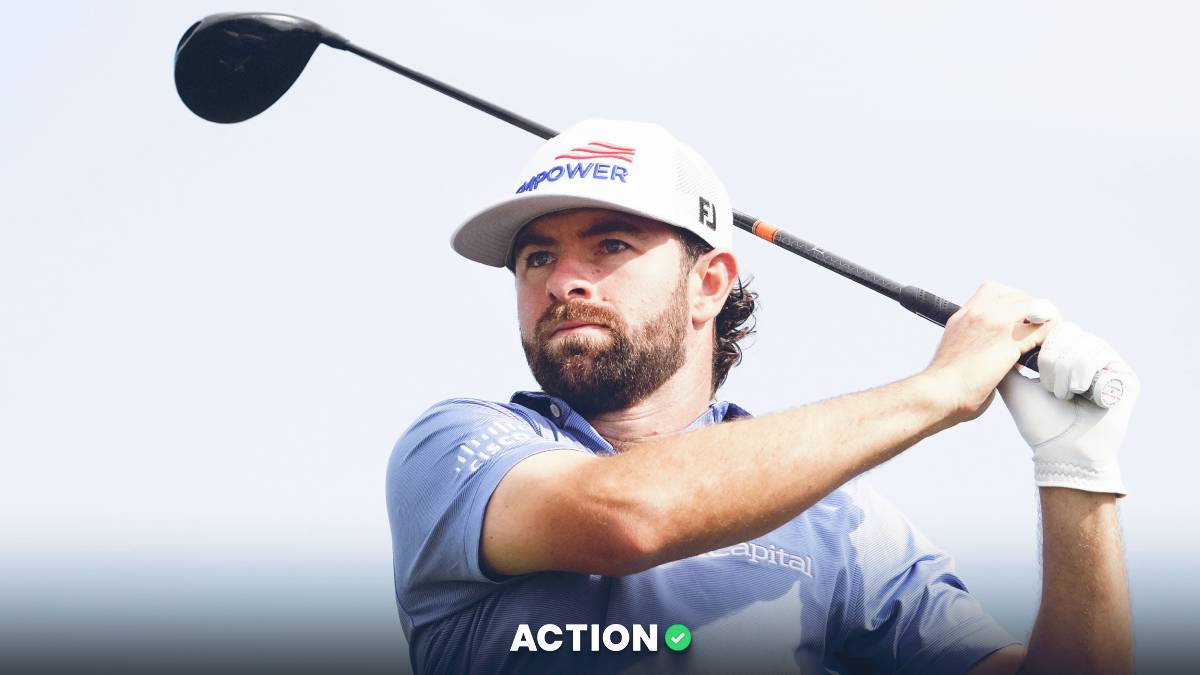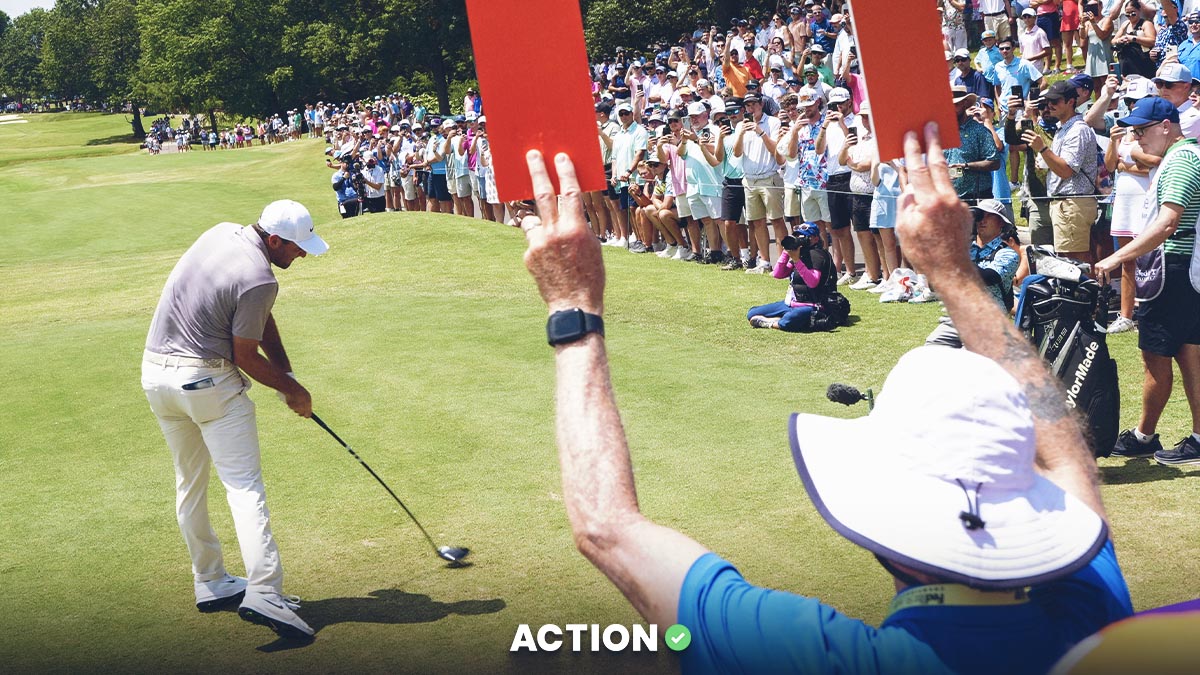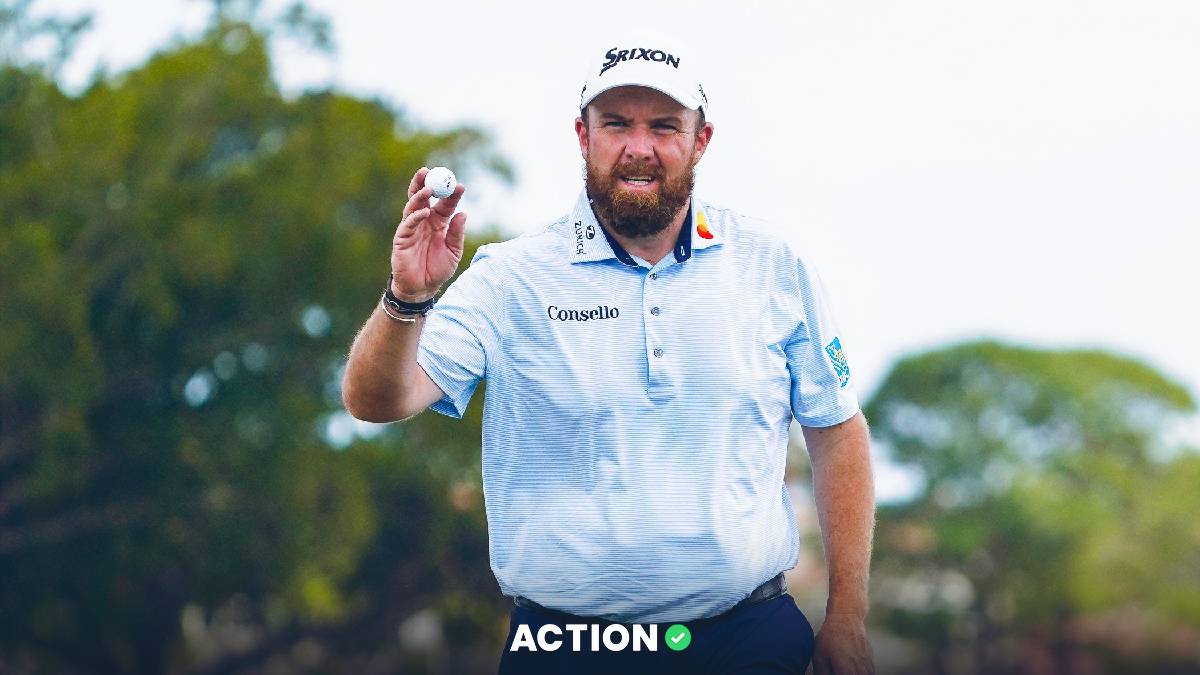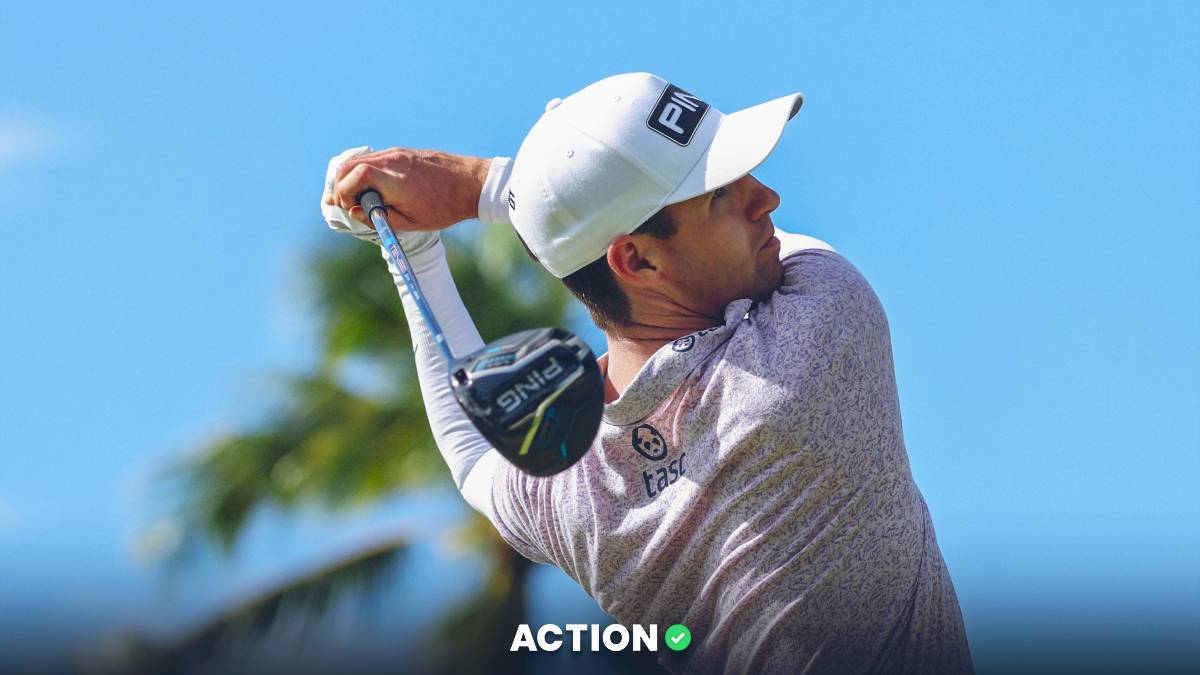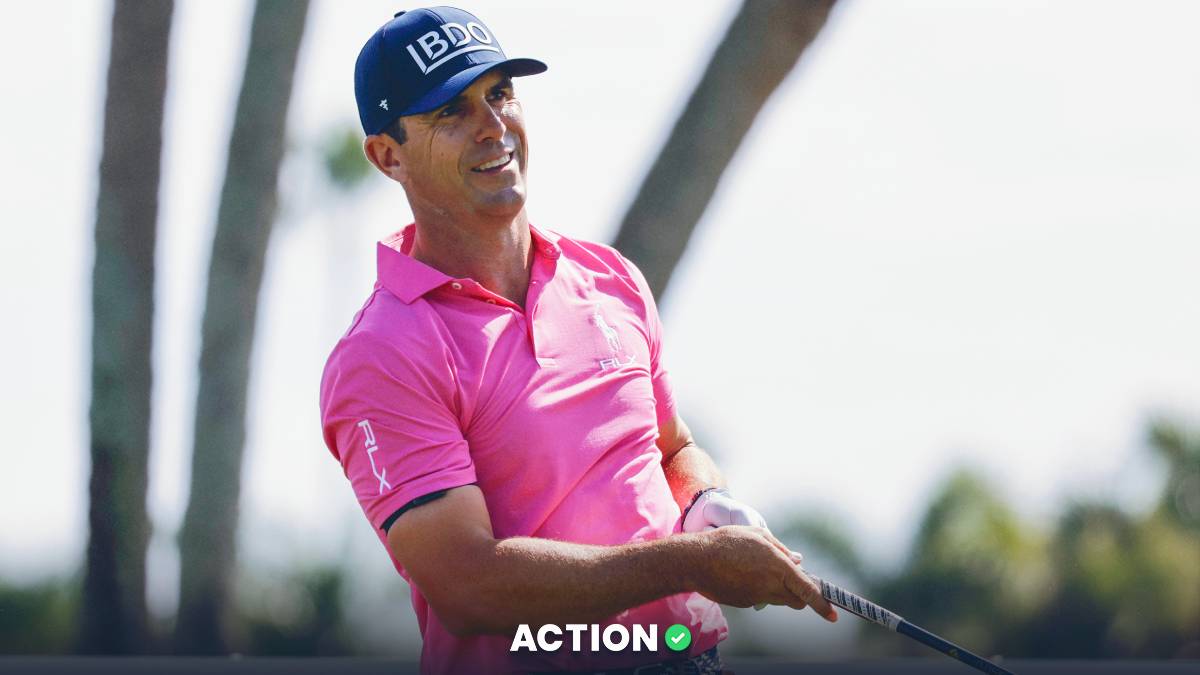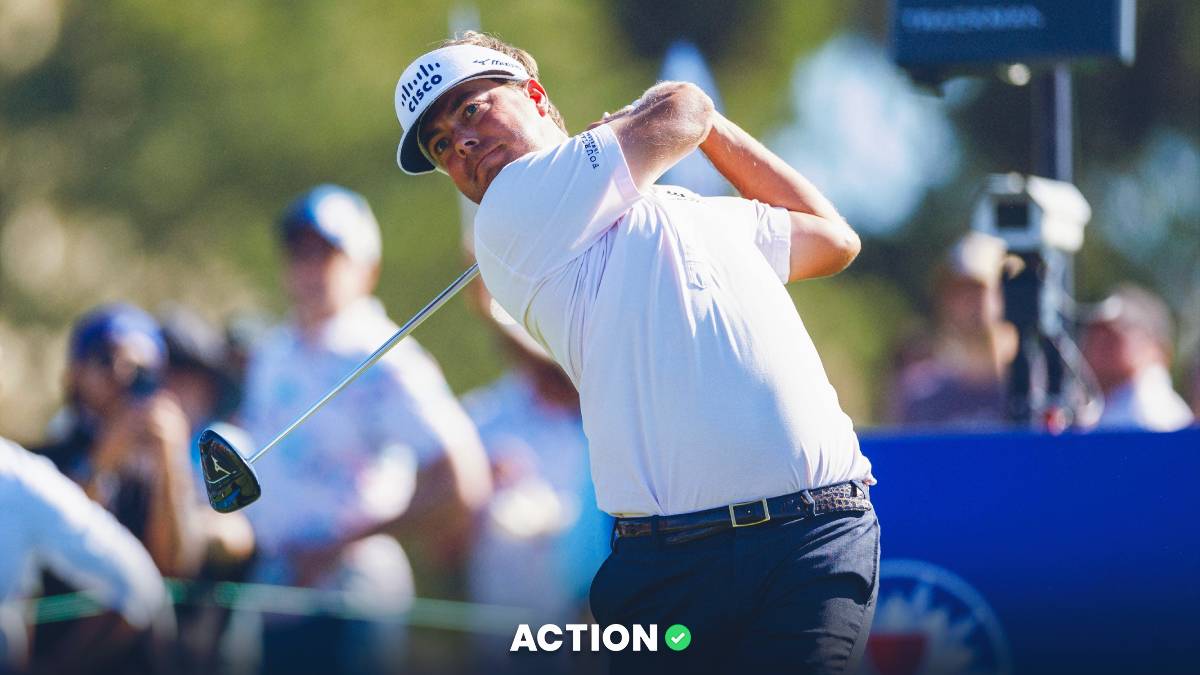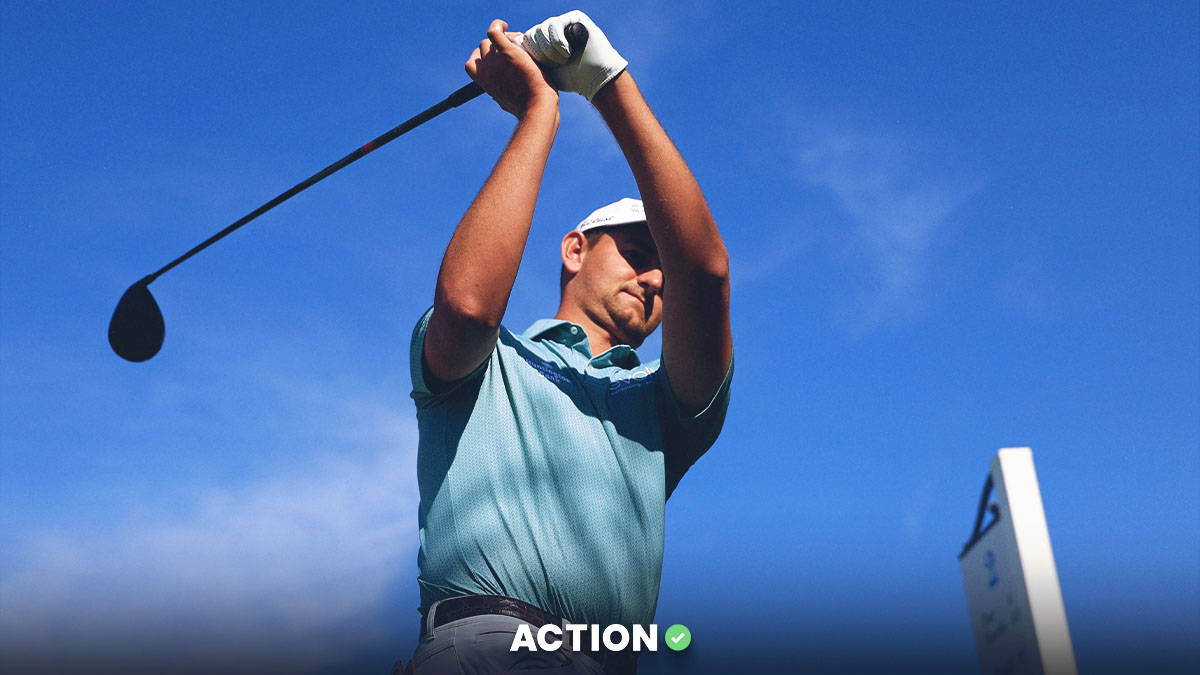- The 2019 Open Championship begins on Thursday, July 18 at Royal Portrush in Northern Ireland.
- One of the greatest debates in golf is whether players should take the week before a major off or if they should play a tune-up tournament.
- Jason Sobel uses historical data to see if you're better served backing players who rest the week before the British Open.
The most debatable topics are those which have no correct answer. There’s no point in arguing over pints at the 19th hole when a conclusion can be reached by a Google search.
All of which makes this one an unending loop of debate which has never been – and never will be — properly solved: Should elite-level golfers play or prep in the week leading up to a major championship?
Tiger Woods chose to prep in the week before 13 of his 15 major titles, competing in an event before only his 2000 and ’07 PGA Championship wins. Phil Mickelson would rather play, parlaying previous-week starts into all five of his major victories.
Clearly, the reason there’s no proper solution is because it’s a matter of personal preference.
“It’s so player dependent,” Charles Howell III explained. “For me, it’s play the week before, but with my major record, I’d ask someone who’s won some of these things and ask what they did.”
OK, fine. Here’s Brooks Koepka: “The only reason I play the week before is for prep. If I’m home, I’m not practicing. The only time I play golf is on the Tour. I’m not practicing at home. I don’t practice at all. Playing the week before lets me practice, so I can build up a rhythm.”
Indeed, much like Mickelson, each of Koepka’s four majors have taken place after he played the previous week. And the results haven’t even mattered – he’s finished, in order, 37th, 30th, 5th and 4th on those four occasions.
All of which got me thinking: Even if players insist it is personal preference, do the numbers suggest a trend from one camp over the other? And more importantly as far as current handicapping is concerned: Should we give extra attention to those competing in the Scottish Open or John Deere Classic this week, in advance of next week’s Open Championship?
I decided to run some numbers.
First, let’s examine the players vs. the preppers inside the top-20 at this year’s majors, starting with the Masters.
Big advantage here to those who prepped and rested for Augusta National, but that collective success also comes from the quantity of players, not just the quality.
For the first time, it was the Texas Open which preceded the Masters, rather than the Houston Open. That might not sound like a big deal to the casual observer, but those with keen knowledge of the host venue in Houston understand how it helped competitors prepare for Augusta.
Simply put, more players regularly competed in Houston than chose to play Texas this year, so the numbers were always going to be skewed in their favor.
Let’s move on to the PGA Championship, which was preceded by the Byron Nelson.
Once again, the preppers held an advantage in sheer numbers, with more elite players choosing to sit out prior to the year’s second major.
What we find, though, is that some of those who played well the previous week were able to carry that momentum into Bethpage Black. Kang and Koepka were first and fourth, respectively, at the Nelson, and finished seventh and first at the PGA; Wallace turned a runner-up finish at the British Masters into a share of third.
Now let’s go to the U.S. Open, where that trend continued.
There was little correlation between Canadian Open competitors and U.S. Open contenders at the very top of the leaderboard – only Koepka, who’d finished 50th up north, was inside the top-five – but just a little bit lower, there was plenty of it.
Of the dozen players who finished between 9th and 16th place at Pebble Beach, half of them played in Canada the previous week – and each of them finished T-8 or better. Consider that an eyebrow-raiser, at the very least.
None of these are definitive conclusions, of course; once again, this doesn’t prove nor disprove a specific theory about playing the week before a major.
I decided to go just a little bit deeper, though, by analyzing every major champion over the past 10 years. Take a look at the results.
As suspected, there is once again no definitive conclusion here. Over the past 10 years, 61.5% of major winners competed the previous week, while 38.5% rested and prepped. That’s not enough to suggest there should be a hard and fast rule that outweighs personal preference.
But that doesn’t mean we can’t learn anything from this data.
The more intriguing results can be found in how those who played the week before fared in these tournaments.
Of the 24 winners who implemented this strategy, only one – Oosthuizen in 2010 – failed to make the cut that previous week. In all, 16 of these players finished top-25, 10 finished top-10 and two of them – McIlroy in 2014 and Mickelson in 2013 – were able to capture two victories within a span of eight days.
What does this all mean?
While sorting through picks for next week’s Open Championship, we shouldn’t give too much thought to whether players are competing this week or not. For those who are competing, though, either at the Scottish Open or the John Deere Classic, we should limit our selections to only those who post strong results this week.
As the numbers prove, it’s more than just a pattern.


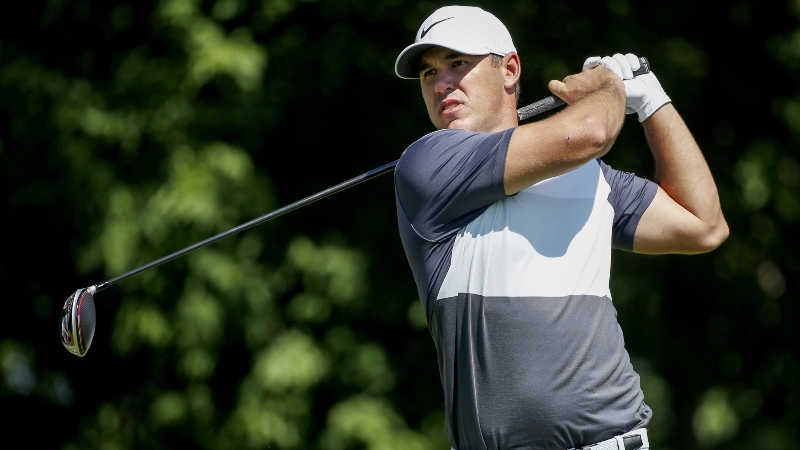
.png)
